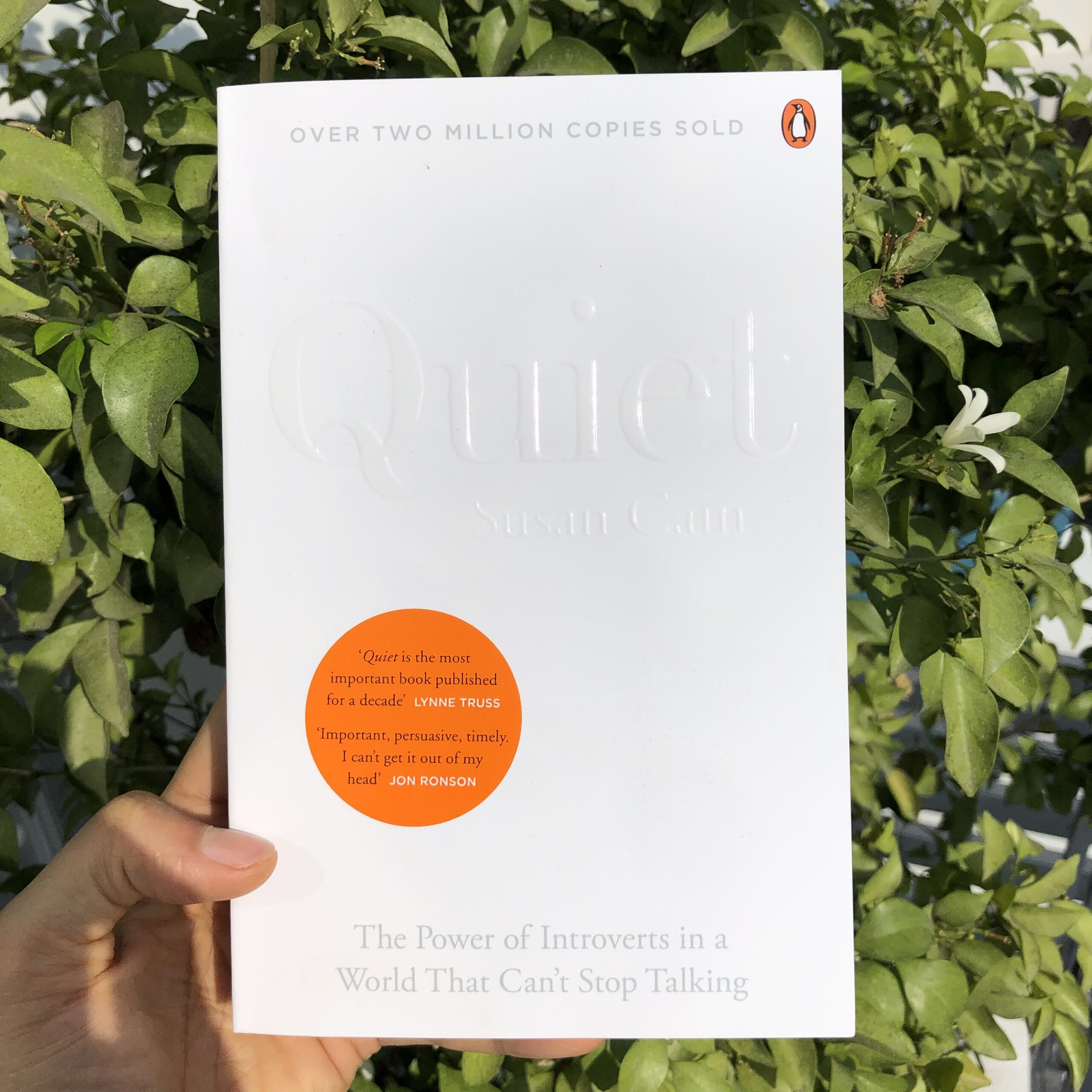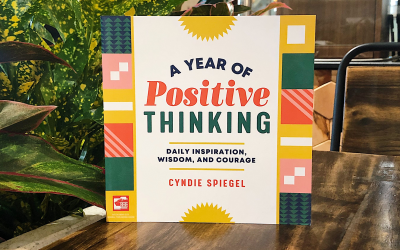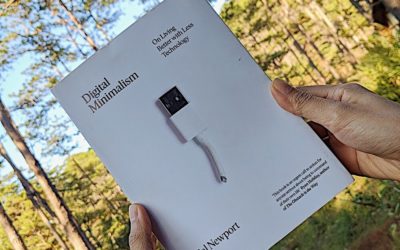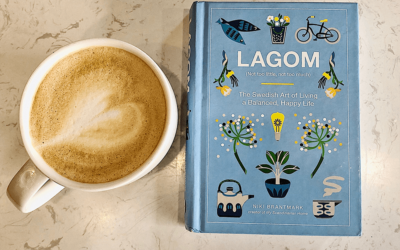Where do you fall on the introvert–extrovert spectrum? Our place on this continuum influences our choice of friends and mates, the careers we choose, and how we make conversations, resolve conflicts, and show affection. It governs how likely we are to learn from mistakes, embrace change, delay gratification, be a good leader, and ask “what if.” Whilst introverts are drawn to the inner world of thought and feeling, extroverts find the external life of people and activities more relatable. Introverts recharge their batteries by being alone; extroverts need to recharge when they don’t socialize enough. Introverts focus on the meaning they make of the events swirling around them; extroverts just plunge into the events themselves.
Of course, there is no such thing as a pure introvert or a pure extrovert, yet I see myself more prone to the introvert extreme. As a child, I made friends easily but preferred spending my time taking solitary walks. As an adult, I am no different. I relish doing solo when it comes to reading, yoga, and violin. Just because I can teach in class or host events on stage doesn’t necessarily make me feel more of an extrovert. I may have strong social skills and voice up in business meetings but choose devoting my social energies to family and close friends as a preference. I tend to listen more than talk, and often feel as if I express myself better in writing than in conversation. I dread conflict, aggression, and drama. I have a horror of small talk, but enjoy thorough discussions. And before I forget, I can eat alone in restaurants without the pitying looks from fellow diners.
Being a “bitter introvert” in a loudmouth world that holds onto the omnipresent belief that an ideal self is gregarious, alpha, and comfortable in the spotlight, I used to (and had to) pick up extrovert mannerism. By the time I fell into bed at night, I’d lost sight of who I really was and been totally spent. I questioned why I should have worked so hard at being outgoing. This was also a partial reason why I left the corporate world; we barely talked the same language.
And yes, introversion has left me feeling ashamed of my secluded chasm for my entire life. I felt like I would never fit in. So when I got to this book, I couldn’t have it out of my head although I had it finished two months ago. It is in many ways such a riveting manifesto for introverts that it should tell how awe-inspiring and undervalued we are. I’m thrilled to discover that some of the personality traits I have found apologetic are actually indicators that I’m amazing.
Based on painstaking research data, the book gives excellent portraits of numerous introverts and shatters misconceptions. Gandhi, Rosa Parks, Steve Wozniak, JK Rowling, and Eleanor Roosevelt have all described themselves as introverts, at their best when solitary. Without introverts, the world would be devoid of: the theory of gravity, the theory of relativity, Chopin’s nocturnes, Peter Pan, Google, and Harry Potter. As much as solitude can be a catalyst to innovation, performance gets worse as group size increases. Teens who are too sociable to spend time alone often fail to cultivate their talents because practicing music or studying math requires solitude they loathe.
After all, this is not to say that verbal fluency and sociability are not important predictors of success. Schools should teach children the skills to work with others – cooperative learning can be effective when practiced well and in moderation – but also the time and training they need to deliberately practice on their own.
For all solitude seekers out there, I hope this book speaks to you and helps you see yourselves anew. Having said that, this book is also conducive to extroverts and ambiverts alike since chances are you, at any point in time, will work, couple, or partner with introverts who account for a vast proportion of the reading public.
‘Quiet’ by Susan Cain – highly recommended.





0 Comments